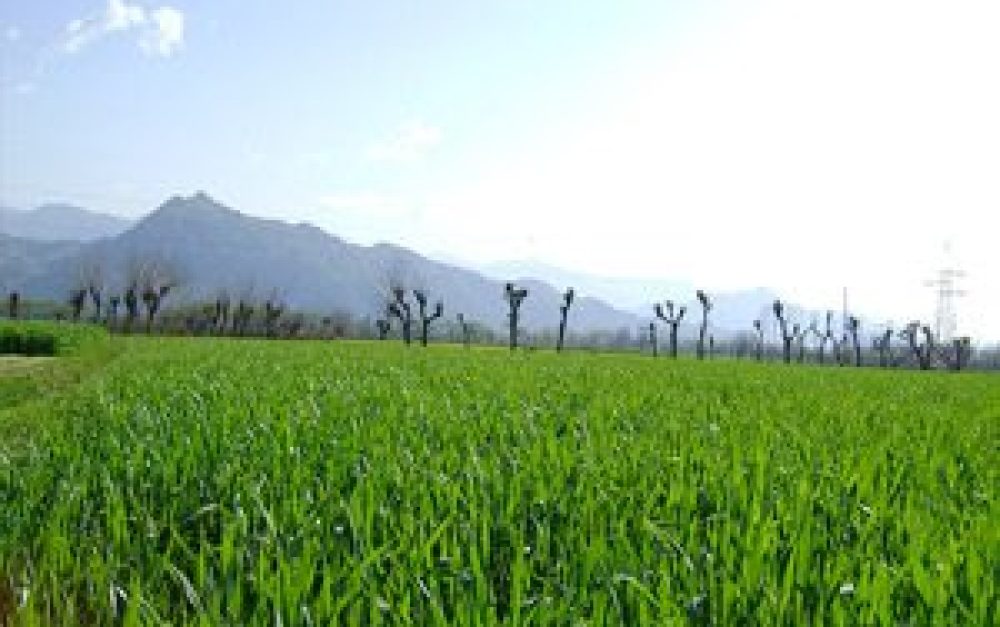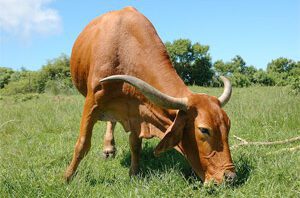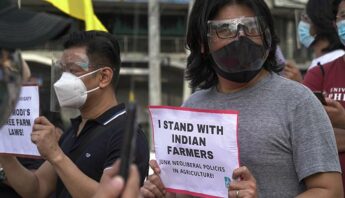25,000 villages in Pakistan are about to lose their fertile farmland to wealthy investors from oil-rich Gulf states. That’s villages, not villagers. In Tanzania, a Swedish agrofuels company is in the process of acquiring a lease on up to 500,000 hectares of land, in order to produce sugarcane ethanol on an industrial scale. That’s about 2,000 square miles of land. Lack of informed consent among villagers who reside on the land, and potentially enormous impacts on the communities’ food and water supply are at issue.
A just-released report from New York University’s Center for Human Rights and Global Justice explores the epidemic of land grabs now sweeping across poor countries of the Global South. The report delves behind the scenes in four countries, revealing who stands to win and lose in each of these “large-scale land acquisitions.” The findings build on previous work establishing the scope of the problem by GRAIN, Friends of the Earth and the Oakland Institute.
Over 40 million hectares of land — much of it farmland — have been sold or leased by cash-strapped poor countries in the Global South to wealthy foreign entities (governments, corporations, private investors and speculators) in shadowy deals, most often sealed without the consent of the rural communities that are directly affected. In Ghana, 37 per cent of the farmland is now owned by foreign biofuel companies.
Usual Suspects
The drivers of this global land grab are familiar: they are essentially the same ones that have spurred the global food crisis. Olivier de Schutter, the UN Special Rapporteur on the Right to Food, and Smita Narula, the author of the NYU report, explain the situation on Democracy Now!:
- volatility of food prices on the global market has made wealthy food-importing countries anxious to secure cheap land (and free water) to guarantee they can meet their future food needs;
- the drive for biofuels to meet renewable fuel standards in industrialized countries makes investments in land that can produce high value “agro-energy crops” like corn or sugarcane at industrial scales extremely lucrative;
- industrialized countries are also seeking to secure land that can be used to receive carbon credits – for example, establishing tree plantations — for trading on a carbon market to offset high greenhouse gas emissions back home.
- private investors seeking to hedge their other riskier investments use land as an instrument of financial speculation, buying and selling land and driving up the price of land.
The result? Rural communities are not only no longer able to afford food, they are losing their land, which is the most important means of sustenance for many. Risk of national and regional food insecurity grows as millions of acres of cropland are cleared for energy crops to fuel cars, or — in the case of China — converted to rubber plantations. The new crops are cultivated on an industrial scale with intensive agrochemical use which in turn pollutes the water, depletes the soil, and undermines local communities’ future ability to produce food.
The World Bank, for its part, has weighed in with a new report (based largely on GRAIN’s research) that for the first time acknowledges the gravity of the problem, but fails to take responsibility for its role in creating this crisis. The Bank’s for-profit private sector branch, the International Finance Corporation, and its Foreign Investment Advisory Services, provide technical assistance and advice to developing countries on how to increase foreign investor interest in and access to their lands, reports the Oakland Institute. Meanwhile, the Bank’s Multilateral Investment Guarantee Agency (MIGA) provides land grab projects with political risk insurance, explains GRAIN.
Justice & Human Rights
What is to be done? Obviously, we need an immediate moratorium on land grabs. That much is clear. More fundamentally, as Narula argues, we must also:
“reevaluate an increasingly discredited philosophy: that large-scale industrialized agricultural production and biofuel investments, as currently conceived, can ensure the environmental and developmental needs of the planet in a sustainable and equitable way.
The rights of communities affected by large-scale land investments must finally take center stage. . . Equitable land distribution, coupled with sustainable use, remain the strongest guarantors of the kind of economic growth that reduces poverty, enhances food security, and gives greater agency and protection to those most marginalized by large-scale land investments."
Indeed.








